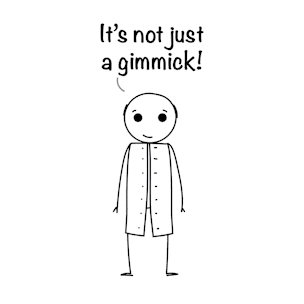THE EXPERT IN SOCIAL CELLS
Cells are social. Just like you and I. Duncan - head of the CELPPLUS project - knows this. Therefore, he has used this knowledge to develop a new and better model for testing drugs on cells.

Imagine that you were taken out of your home and had to stay somewhere completely different. Perhaps you’d feel well. Perhaps not. But most likely, you would behave a bit differently than at home – because everything is different.
This is also the case for cells. Their home is in our bodies – not in the lab. This sometimes makes it difficult to do research on cells related to sickness or for testing drugs.
Cells away from home
Your body is made of millions of cells. If you get sick, it’s very likely got something to do with some kind of cells. Therefore, many drugs are targeted at cells.
One of the first stages in testing a new drug, is to test the drug on cells grown in the lab. But here we face a big challenge: The cells are no longer at home, they miss their social environment, and they start behaving differently than in your body. Naturally, this affects the test results, which are then difficult to translate to humans.
Making cells feel at home
So, what can we do to make the cells feel at home and get more ‘natural’ lab results?
One of the most important things is to give them the opportunity to be social again.
The CELPPLUS project has developed new homes (or plastic culture wells, if you like) for growing cells in the lab. Using techniques from nanoscience, the CELPPLUS team built new homes where the cells will meet their usual neighbors (such as proteins and other biomolecules). This will make sure that the cells feel more social again and start acting more as if there we still inside your body.